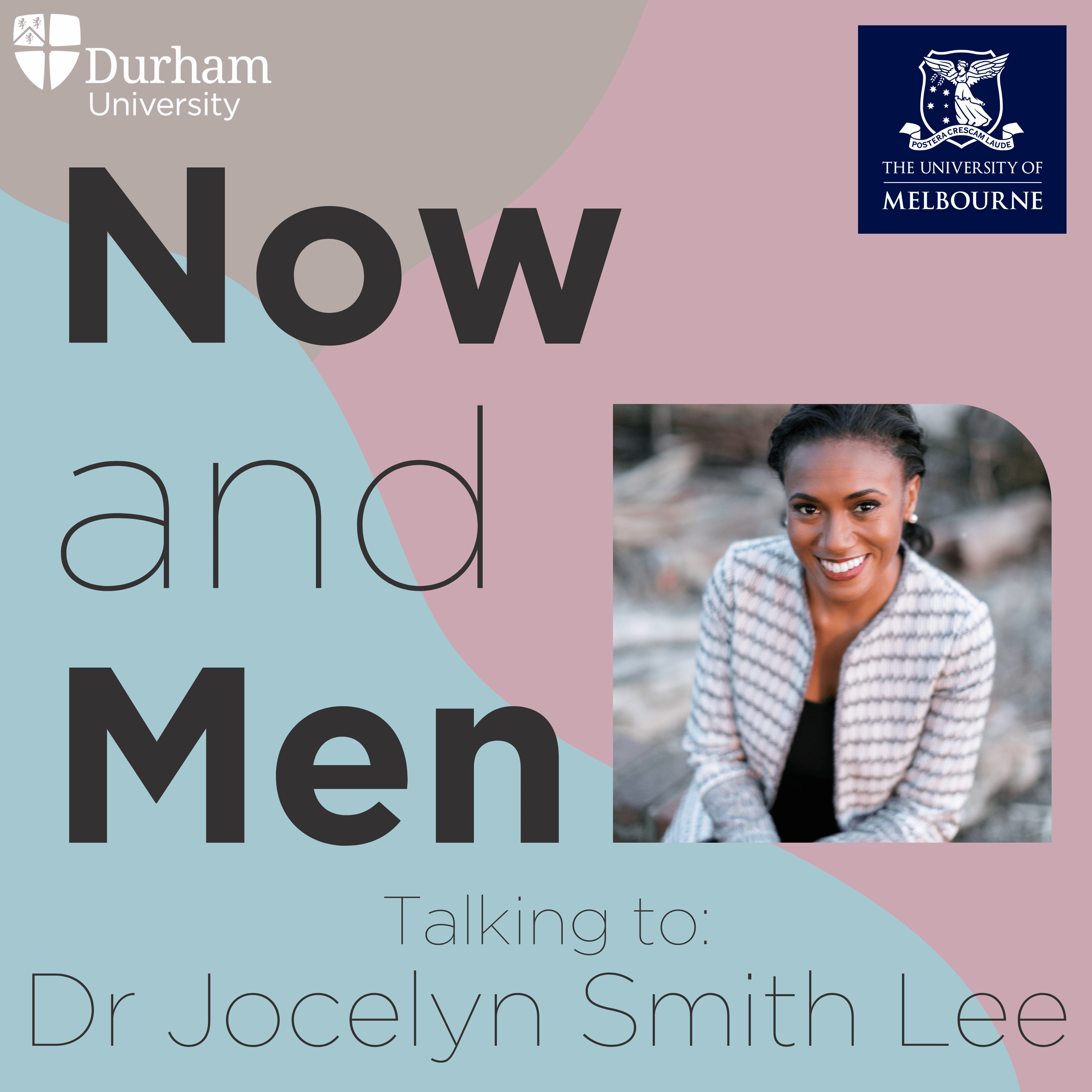Mar 19 2024 61 mins 6
The heavy toll of gun violence in the United States is having traumatising impacts on innumerable Black men and boys, many of whom will know one or more family members or friends who have died as a result. Yet there is widespread reluctance to consider the idea of vulnerability and victimisation among these young survivors.
In this episode, we hear from Dr Jocelyn Smith Lee, who has herself experienced personal loss from the violence, about her work in the cities of Greensboro and Baltimore to challenge dehumanising narratives of Black men and boys and ensure that their voices and experiences are central to efforts to tackle the violence. We also learn about community initiatives helping these men and boys and their families heal from trauma and loss.
Jocelyn is an Assistant Professor of Human Development and Family Studies at the University of North Carolina, Greensboro. She is also the founder and director of the Centering Black Voices research lab, and the founder and project lead for the visual storytelling campaign ‘In All Ways Human’, which was originally funded by a Bill and Melinda Gates Foundation Grand Challenge Award.
- Find out more about Jocelyn’s research: https://www.uncg.edu/employees/jocelyn-smith-lee/
- LinkedIn: https://www.linkedin.com/in/jocelyn-r-smith-lee-ph-d-577b6015/
- Twitter: https://twitter.com/DrJocelynSmith
- In All Ways Human campaign: https://inallwayshuman.com
- Instagram: https://www.instagram.com/inallwayshuman
- Twitter: https://twitter.com/InAllWaysHuman
- Centering Black Voices research lab: https://centeringblackvoices.com
- Twitter: https://twitter.com/CenterBLKVoices
Topics we cover:
- The prevalence of gun violence in the US and its unequal impacts (01:12-04:26)
- The social contexts for Jocelyn’s research in Baltimore, MD and Greensboro, NC (04:26-08:47)
- The impacts of trauma and loss from gun violence on Black men and boys (08:47-14:57)
- (Limited) possibilities for turning points and perceived life expectancy (14:57-19:38)
- Why we are so reluctant to talk about vulnerability and victimisation among Black men (19:38-22:19)
- The ‘In All Ways Human’ campaign that Jocelyn has created (22:19-28:30)
- Telling a different, positive story, through the life-course (28:30-30:49)
- The effects that police violence has on Black men and boys and their families (30:49-37:08)
- Services which play a more positive role in their lives (37:08-42:02)
- How we can help Black men and boys to heal from this trauma and loss (42:02-46:29)
- The impacts of the violence on women and girls (46:29-48:50)
- The disproportionate responsibility placed on Black women (48:50-50:22)
- The recent reduction in homicides in Baltimore, and achieving political change (50:22-55:05)
- Conclusion (55:05-01:01:14), including: The shocking scale of the homicides, from a young age; How masculine norms can obstruct men from talking about fear and grief; Links with episode 38 with Nate Eisenstadt on non-punitive approaches; The power of Jocelyn's message of hope.
More info:
- The killing of Freddie Gray after his arrest by Baltimore Police Department (The Guardian): https://www.theguardian.com/us-news/2016/jul/20/freddie-gray-death-haunts-man-filmed-video-baltimore
- 'Baltimore celebrates historic 20% drop in homicides even as gun violence remains high’ (Associated Press): https://apnews.com/article/baltimore-homicides-decrease-2023-d88000d65d3916d1fbbe6352becd8881
- ‘How Baltimore invented neighborhood segregation’ (Vox): https://www.vox.com/2015/5/10/8578077/baltimore-segregation-pietila
